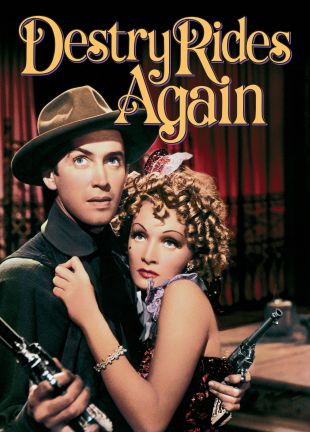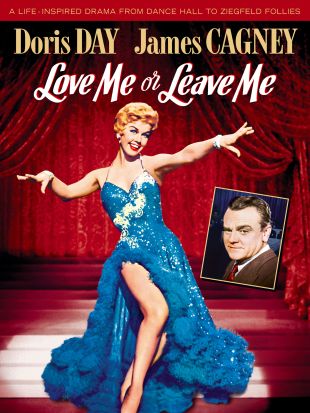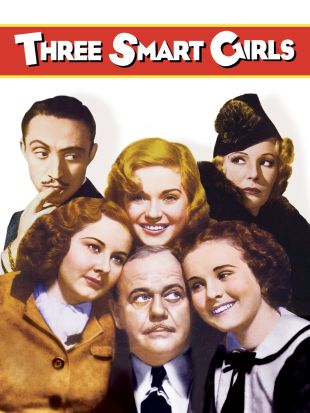Hungarian-born film producer Joe Pasternak came to the US as a teenager. Always fascinated by show business, he obtained several menial jobs at the Paramount Studios commissary, absorbing the trade talk of the stars, techicians and executives. Pasternak wangled a job as second assistant director at Paramount in 1923; within three years, he was manager of Universal Studio's Berlin operations, a position he acquired in a roundabout fashion after directing an El Brendel two-reeler. In the early '30s, Pasternak made a name for himself producing German, Austrian and Hungarian musicals. He returned to the US at the request of the new Universal Studios management, which was hoping to reorganize the near-bankrupt company into a successful entity. Drawing on his musical comedy knowhow, Pasternak decided to promote the talents of 13-year-old soprano Deanna Durbin, whom Universal had recently acquired from MGM. Carefully nurturing a screen image for Durbin as a down-to-earth tomboy with a beautiful singing voice, Pasternak produced her first vehicle, Three Smart Girls (1936). The film was an enormous hit, literally rescuing Universal from receivership and assuring Pasternak a near-permanent position supervising Durbin's subseqeunt films. A 1938 effort by Pasternak to create a winsome image for French film star Danielle Darrieux was less successful, though the Darrieux's A Scandal in Paris made money. One year later, Pasternak rescued the flagging film career of Marlene Dietrich in Destry Rides Again (1939); as with Durbin, he saved Dietrich by demystifying her lofty image and making her more accessible to the public. Shortly after trying to create a new Durbin out of singer Gloria Jean, Pasternak moved to MGM, which was then pursuing a policy of filming lavish escapist musicals for wartime audiences. From 1942 through the late '50s, there were two musical units at MGM: the Arthur Freed unit kept attempting to break new cinematic and artistic ground, while the Joe Pasternak unit adhered to the old-fashioned "operetta" format that had worked so well in the past. Both units proved successful for MGM; among Pasternak's protegees during this period were Kathryn Grayson, Esther Williams, Mario Lanza and Janet Leigh. Pasternak remained at MGM until his retirement in 1968, shortly after producing three of Elvis Presley's best musicals (including the immortal Girl Happy). Retiring in the late '60s due to Parkinson's disease, Joseph Pasternak lived on for two more decades, passing on just six days shy of his 90th birthday in 1991.
Joe Pasternak
Share on


